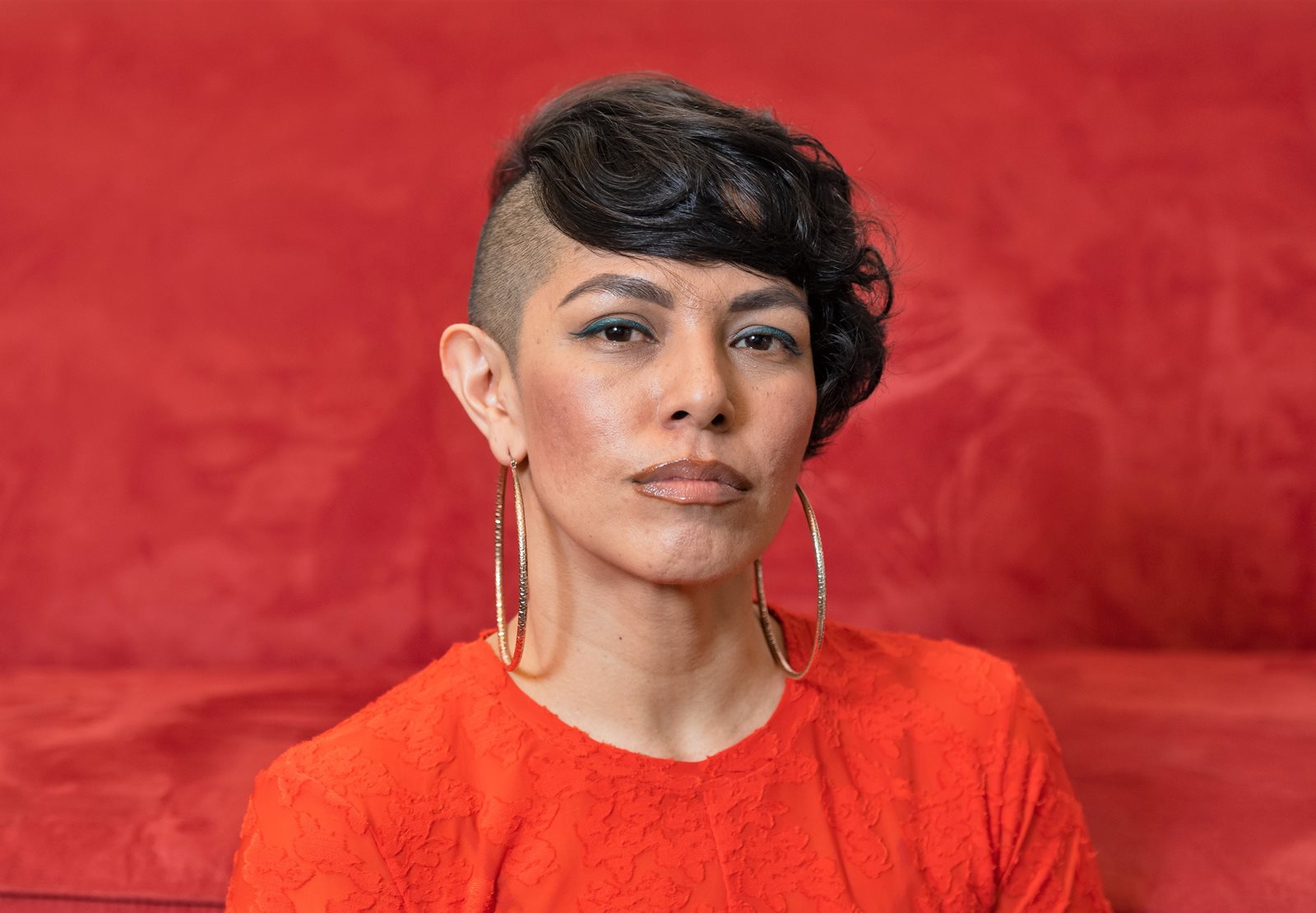
When Naomi Macalalad Bragin teaches Hip-Hop Dance 4 Social Justice, some students come into class thinking hip hop is just about fun and celebration. It is a dance class, which can be fun and celebratory, and it’s a lot more than a dance class, said Macalalad Bragin, who has been teaching at the University of Washington Bothell since fall 2016.
“Students are exposed to foundational concepts of black studies,” said Macalalad Bragin. “We talk about black history, and we put hip hop in the context of black protest struggle.”
Critiquing community formation through the lens of performance also is what Macalalad Bragin will be doing this summer, with the support of an award from the National Endowment for the Humanities (NEH).
Performance as education
Macalalad Bragin is the only UW Bothell recipient of a 2019 NEH summer stipend, said Carolyn Brennan, assistant vice chancellor for research. “This is a highly competitive and prestigious award. We’re thrilled about her success.”
Macalalad Bragin will use the award to revise her current book project, “Black Power of Hip-Hop Dance: On Kinethic Politics.” The word kinethic, Macalalad Bragin said, conjoins kinetic, ethics and kinship to describe how movement produces relational systems of power that impact how history is embodied, translated and transformed. The manuscript traces historical connections of hip-hop dance to early 1970s California, through the aesthetic politics of related styles like popping and waacking.
“Understanding hip hop within its multiple contexts, both historical as well as social-political, is important in order to make meaning of why we dance hip hop today,” said Macalalad Bragin.
An assistant professor in the School of Interdisciplinary Arts & Sciences (IAS), Macalalad Bragin tells students, “This dance didn’t come from a studio, even though that’s where you’re learning it right now. This dance actually came from lots of different places: in the streets, in the neighborhoods, in clubs, on playgrounds, at school yards and film studios.”
It’s all about context
People make sense of their lives through movement, collectively shaping social dances that comment on specific cultural contexts, said Macalalad Bragin.
The A-town stomp comes out of Atlanta, for example, and the Brooklyn bounce out of Brooklyn. “I’m interested in how these dances are subject to capitalist extraction as they travel globally,” she said.
The NEH stipend provides some time for research and will bring that work into a national conversation, said Macalalad Bragin who is grateful for the opportunity and the support at UW Bothell.
“I find it a privilege to be able to teach these ideas in the classroom, and I am thankful to be respected for my research here,” she said. “I feel like IAS has really shown that support.”
To the students who want to have fun and ask, “Why do we have to complicate it?” Macalalad Bragin responds that dance can be about both fun and struggle.
Instead of looking for a singular answer that can be neatly packaged, Macalalad Bragin says, “allow the complexity of the questions. There are actually a lot more questions to be asked.”
Macalalad Bragin, along with Anida Yoeu Ali, is organizing this spring’s Alive Performance Festival, which asks the campus community to witness and participate in performance as social justice activism.



